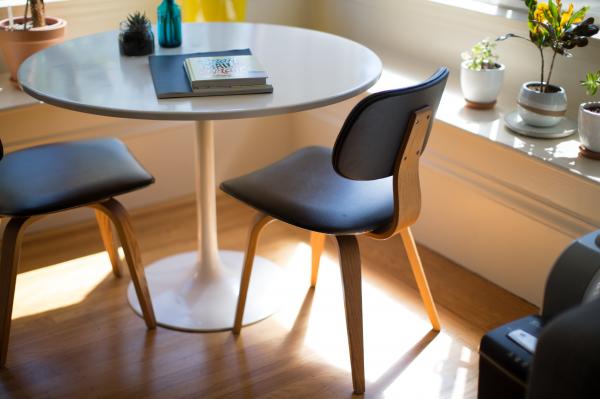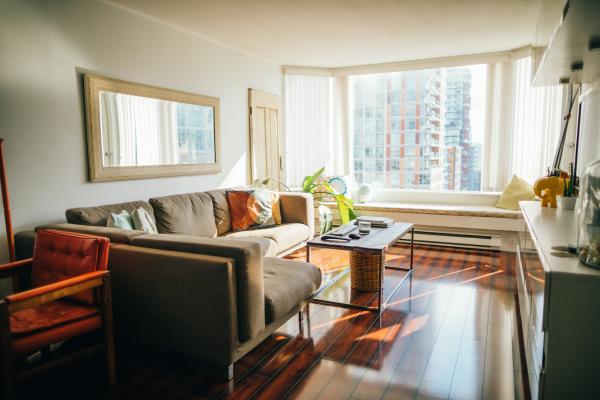
As a private landlord, you'll appreciate the benefits a long-term tenant brings you. Steady and reliable income, no worries about having to find a new tenant every six months and someone who'll appreciate and look after your property.

A tenant abandoning a property is a nightmare scenario for any private landlord. It opens up a whole can of worms. There are legalities to consider which don't always seem ...

As a landlord, you know how harmful void periods can be. But equally, you'll be aware they're inevitable. The trick is to minimise them. You need to take steps to protect your business by putting strategies in place to reduce the time your property is empty.

In this article, we'll provide some tips for landlords looking to sell their property and how to break the news to their renters.

In two months time, the Tenant Fees Act will come into force. This means certain fees associated with letting a property will be banned.

When building a portfolio or purchasing their first buy to let property most landlords will operate in their local area. This is perfectly understandable. They know the market and being local makes it easier to manage their properties. But not all landlords stay close to their roots. Long-distance landlords can be based hundreds of miles away from their rentals.

So, you’re ready to let your property out. What’s the best way to get started?

We’ve discussed elsewhere on this blog the value of building a tenant-landlord relationship. How a good relationship with mutual respect can help a tenancy run smoothly. But what happens when that relationship is closer than normal? When your tenant is your friend.

On the 20th March 2019, the government introduced the Fitness for Human Habitation Act. This law, which is also known as the Homes Act, essentially ensures that all rental properties are deemed safe. While the majority of landlords will only rent out properties that are safe, the new law protects tenants should their landlord fail to keep them safe.

The tenancy agreement is such a vital document. Yet many private landlords pay surprisingly little attention to it. They may use the same contract for years at a time. Or worse just find a free template they found on the internet. If you’re a new landlord or worried your tenancy documents may not be up to scratch, we’re going to look at the five most common mistakes landlords make in their tenancy agreement documentation. And crucially how to avoid them.

Here are 5 of our best advice for making a good impression with potential tenants and maintaining a healthy and positive relationship with your tenants.

With the news today that property has out-performed most other investment types over the past decade, there is sure to be people looking at BTL in more detail over the coming months.


